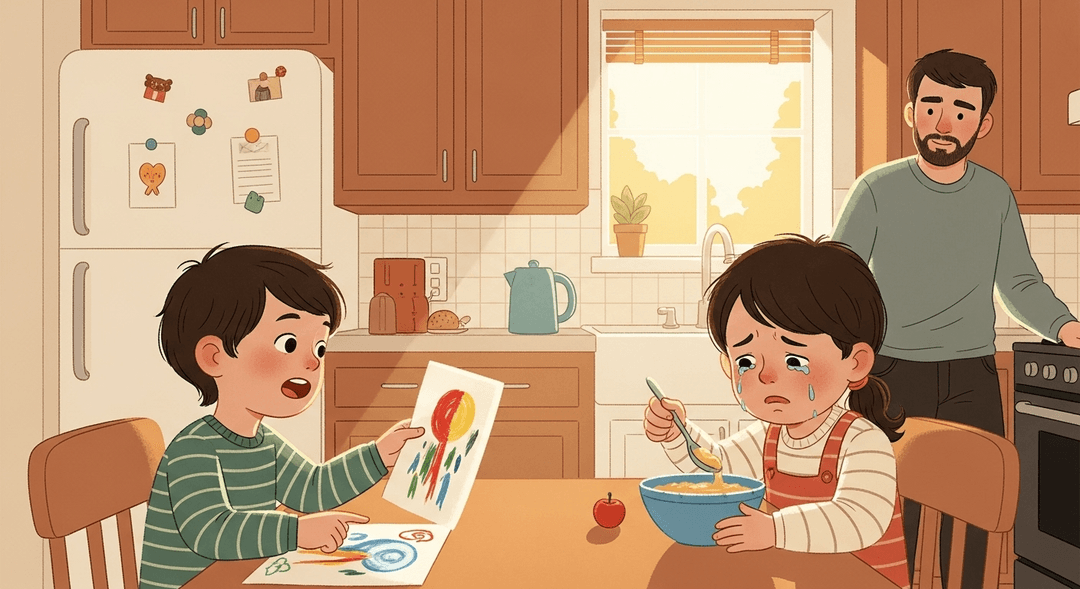Help Them Understand the Impact of Their Words and Actions on Others
Ever feel like your kid is a tiny tornado of opinions with zero filter? One minute they’re declaring their sibling’s art ‘ugly,’ the next they’re baffled why said sibling is sobbing into their applesauce. Welcome to the magical world of teaching accountability—where empathy, apologies, and maybe a little bribery (fine, a sticker) are the name of the game. If you’re ready to help your little human connect the dots between ‘what I do’ and ‘how others feel’—and maybe cut down on the daily drama—this one’s for you.
Kids who learn accountability build stronger social connections, develop empathy, and get better at emotional regulation (translation: fewer meltdowns over whose turn it is). For parents, seeing your child own up to their words and actions can reduce guilt-spirals and boost your own sense of competence. Neurologically, practicing empathy and perspective-taking strengthens prefrontal cortex connections, which helps with impulse control and decision-making.
How to do it
-
Narrate what happened.
For example, you might say: “I noticed you said that to your sister, and now she looks sad.” This helps your child understand the situation without judgment. -
Ask gentle questions.
Try asking: “How do you think she feels?” This encourages empathy and reflection. -
Brainstorm together.
Work as a team to find solutions: “What could you say or do to help?” This empowers your child to make amends. -
Model accountability yourself.
Be open about your own mistakes: “I was grumpy this morning, and I’m sorry if I snapped.” Showing vulnerability teaches responsibility. -
Keep it low-pressure and praise effort, not perfection.
Remember, everyone is learning. Focus on growth and encourage your child for trying, rather than expecting flawless behavior.
Key Tips:
- Use a calm, non-judgmental tone.
- Encourage open-ended conversations.
- Celebrate small steps and improvements.
- Be patient—change takes time for everyone.
